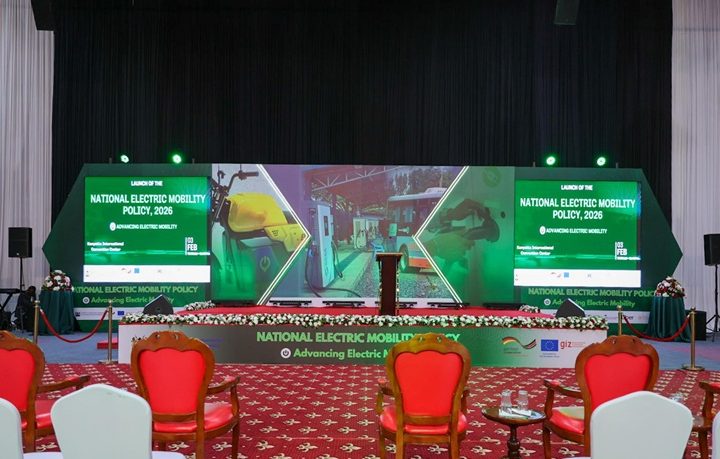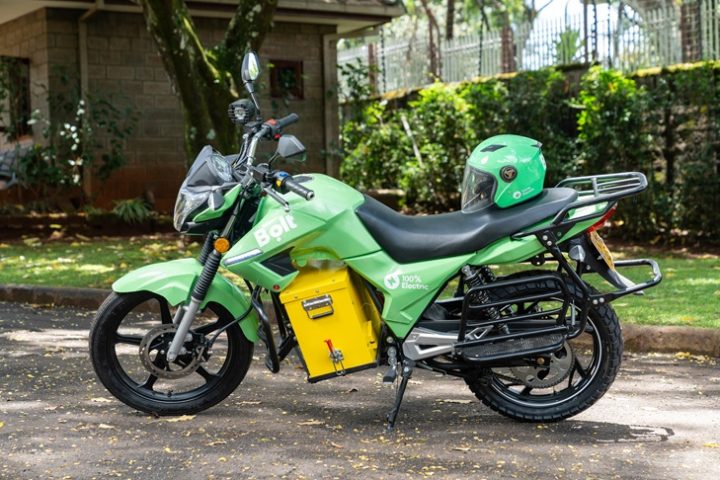The shift to electric mobility is one of the innovations that Kenya, Africa and the world are embracing in the quest for enabling sustainability. In Kenya, embracing electric vehicles (EVs) is crucial for several compelling reasons.
Firstly, adopting EVs contributes significantly to environmental conservation. Kenya, like many countries, grapples with air pollution and climate change, exacerbated by traditional combustion engine vehicles. Electric vehicles produce zero tailpipe emissions, reducing air pollution and mitigating the environmental impact of transportation.
Secondly, embracing electric vehicles aligns with Kenya’s commitment to sustainable development. As a nation, Kenya has set ambitious goals to reduce its carbon footprint and promote environmentally friendly practices. Electric vehicles play a pivotal role in achieving these objectives by offering a cleaner and more sustainable alternative to traditional vehicles.
The adoption of EVs can also stimulate technological innovation and create new opportunities for the country’s burgeoning green economy, fostering economic growth while simultaneously addressing environmental challenges.
At the same time, embracing electric vehicles in Kenya has the potential to reduce the country’s dependence on fossil fuels. Kenya currently relies heavily on imported petroleum products for its transportation needs. Electric vehicles, which can be charged using domestically generated renewable energy sources such as wind, solar, and geothermal power, will help Kenya enhance its energy security and reduce its vulnerability to fluctuations in global oil prices.
As of February 2023, Kenya had just over 1,000 registered EVs, according to the National Transport and Safety Authority (NTSA). This number is low compared to over 4 million nationwide vehicle registrations. However, guided by The National Climate Change Action Plan, Kenya is making strides towards increasing adoption rates. The country has also established an annual target of five percent, where all recently imported vehicles should be electric by 2025.
The public and private sectors must collaborate to ensure that flexible and affordable models are available across the value chain. Their availability will encourage more people to take up EVs, invest in manufacturers and assemblers, and set up supporting infrastructure such as charging stations.
These models are already coming up in 2023, with companies such as Watu Credit Limited (Watu) spearheading electric asset financing for two and three-wheeler vehicles. So far, the company has financed about 100 electric assets in Kenya and aims to encourage the adoption of EVs by the motorcycle (boda boda) community. In Uganda, a partnership with GOGO, a leading battery, charging and inversion technology company, has also provided access to 1,000 electric bikes financed through Watu.
Considering that there are over one million registered motorcycles in Kenya, with the number still growing owing to their efficiency in enabling convenient transportation in both rural and urban settings and their use for commercial purposes, encouraging more riders to take up e-motorcycles will increase the number of electric vehicles in the country, and reduce their overall Carbon Dioxide emissions.
For instance, the Watu model allows customers to finance an electric motorcycle for as little as Ksh 450 daily. The company has partnered with leading e-mobility manufacturers like Ampersand, ARC Ride, Roam, and E-BEBA, offering a wide range of choices to meet customers’ needs.
Partnerships in financing also support e-mobility infrastructure, such as charging stations, since most assemblers provide these options for their motorcycles. By expanding the availability of charging stations, more consumers are encouraged to take up electric vehicles.
With inclusive financing, Kenya’s boda boda riders have a unique opportunity to lead the country toward an electric vehicle future. Implementing the right policies, financing support, and partnerships can accelerate the transition to electric mobility, paving the way for a greener and more sustainable transport sector. Embracing electric vehicles will enable Kenya to make a significant contribution to global efforts in mitigating climate change while driving economic growth and development.
Related Content: Watu Is Clean And Running A Genuine Business – The Senate













